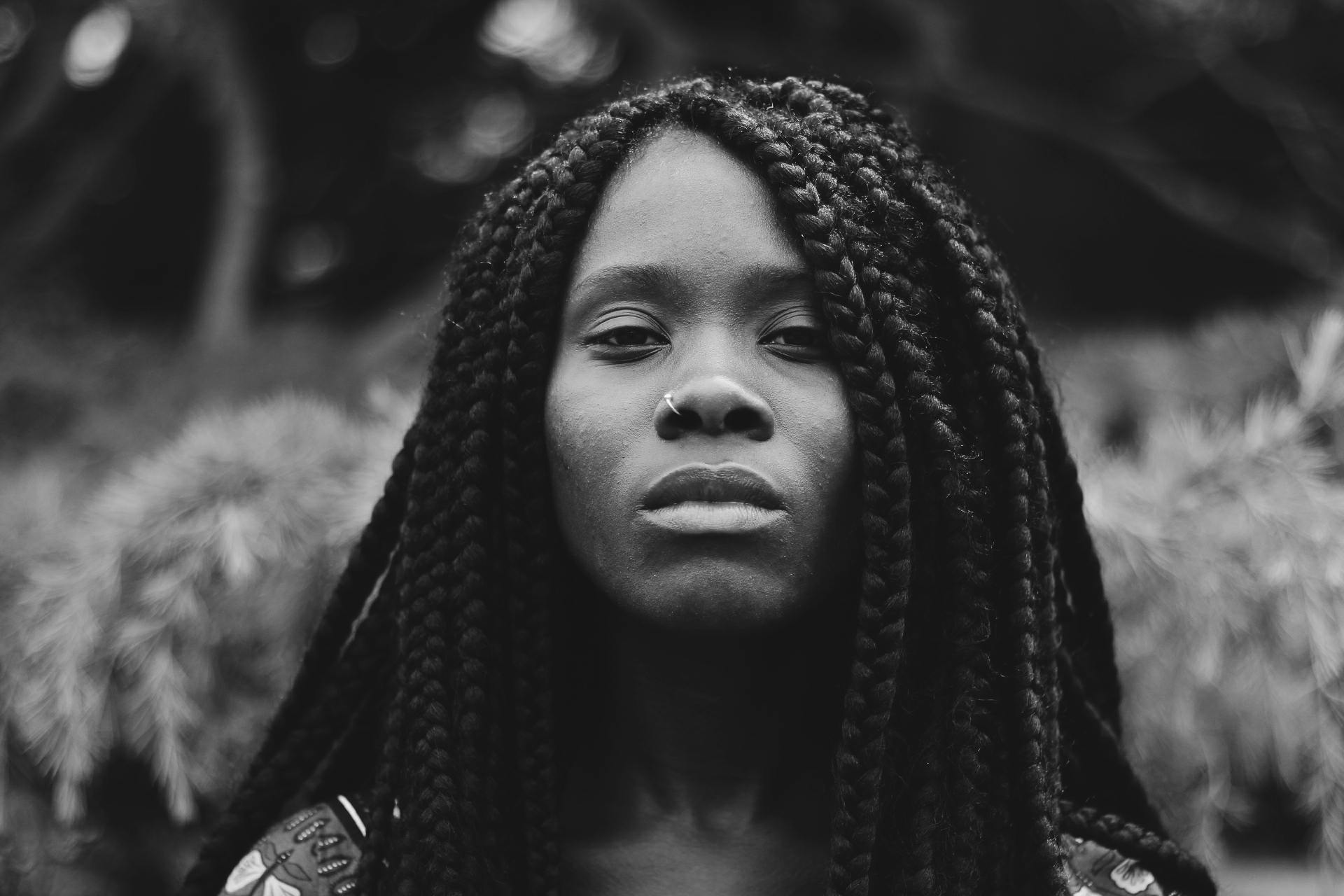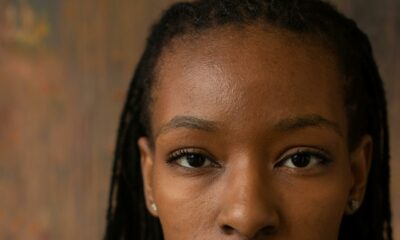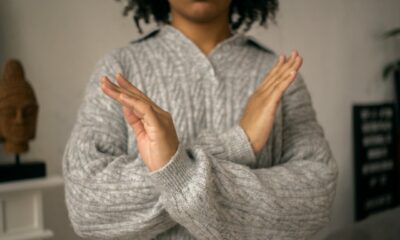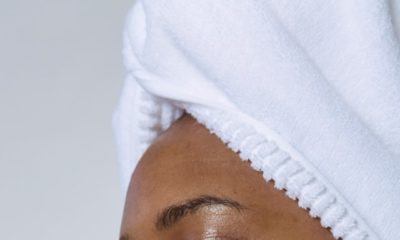Features
Titilade Ilesanmi: How Society Fuels Body Image Concerns

Have you ever looked in the mirror and disliked something about your appearance, even though others might not notice it? Many people struggle with body image concerns, and in some cases, it can develop into a condition called Body Dysmorphic Disorder (BDD). While the causes of body image concerns and BDD can vary, researchers agree that exposure to negative influences plays a role. As a believer, one of the things the bible emphasises is guarding our hearts and minds with all diligence. There are precursors to disliking one’s body; sometimes we – the society – unknowingly create these problems for ourselves.
Environmental Factors
We likely all grew up in an environment where dirty or kids with physical differences like crossed eyes, bow legs, tribal marks, or unique body shapes were often avoided or made fun of. This early exposure led us to judge others based on their appearance, contributing to negative self-image and affecting how we view ourselves. We need to challenge this negative mindset and strive for a more positive and accepting environment for everyone.
I remember when my five-year-old daughter told me about a classmate who mocked her oversized uniform and gave her a disdainful look. While I reassured my daughter that true friendship isn’t based on such superficial things, this incident made me realise how children learn by observing others. In this case, the classmate’s behaviour may have been influenced by their environment, which values clothing being “fitted” in a specific way. This example emphasises the significance of consciously changing our attitudes toward the human body. Instead of staying silent when we hear negative comments or judgments based on appearance, we should challenge these harmful biases. By advocating for acceptance and celebrating diverse body types, we can create a world where everyone feels comfortable and confident in their skin.
Jokes and negative commentary about the body
The culture in many environments often includes making fun of other people. Remember the classmate who called you names because of your body shape, lips, teeth, arms, or face? What many generations do not realise is that these seemingly harmless jokes or comments can have a lasting impact. They create a negative self-image that lingers, making you overly critical of your appearance and fueling body image issues. These jokes can subconsciously destroy potential, leading to timidity and low self-esteem.
For example, because my bum was not perfectly shaped and upright, my classmates in school laughed at me a lot, calling me “Idi Isale” (down bum). As I grew older, this body-shaming led to a deep-rooted self-consciousness, resulting in my avoidance of fitted clothing and constant questioning of my physical appearance. Unbeknownst to me, this negative self-image fueled a cycle of anxiety, fear, low self-esteem, and missed opportunities, hindering my personal and professional growth.
Family and immediate environment
The influence of family members plays a crucial role in shaping our body image and can contribute to the development of body image concerns. Harmful body comments within the household are often normalised, with derogatory remarks about physical appearance becoming commonplace. For example, comments like “coconut head” or comparing someone’s legs to a footballer’s can have a devastating impact on a child’s self-esteem and confidence.
I stammered a lot growing up and my family members’ constant imitation of my speech reinforced my fear of speaking in public. This contributed to my shyness and timidity; I was constantly reminded of the potential for ridicule. Parents, cousins, teachers, friends, uncles and aunties need to recognise the harmful effects of perpetuating these cultural norms and words. Everyone must be mindful of the impact of their words on others.
Body standards
The constant bombardment of “perfect” images on social media and in societal standards can distort our self-perception. Comparing our imperfections to these unrealistic portrayals can fuel Body Dysmorphic Disorder (BDD), reinforcing negative self-esteem. This subconscious pressure to conform to idealised beauty standards has led to a rise in body alterations and surgeries, often driven by a desire for validation and praise. However, real happiness comes from within, regardless of physical appearance, but unfortunately, most people are unaware of this. By being mindful of our words and actions, we can create a world where everyone feels comfortable and confident in their skin.
***
Feature Image by Ezekixl Akinnewu for Pexels






















